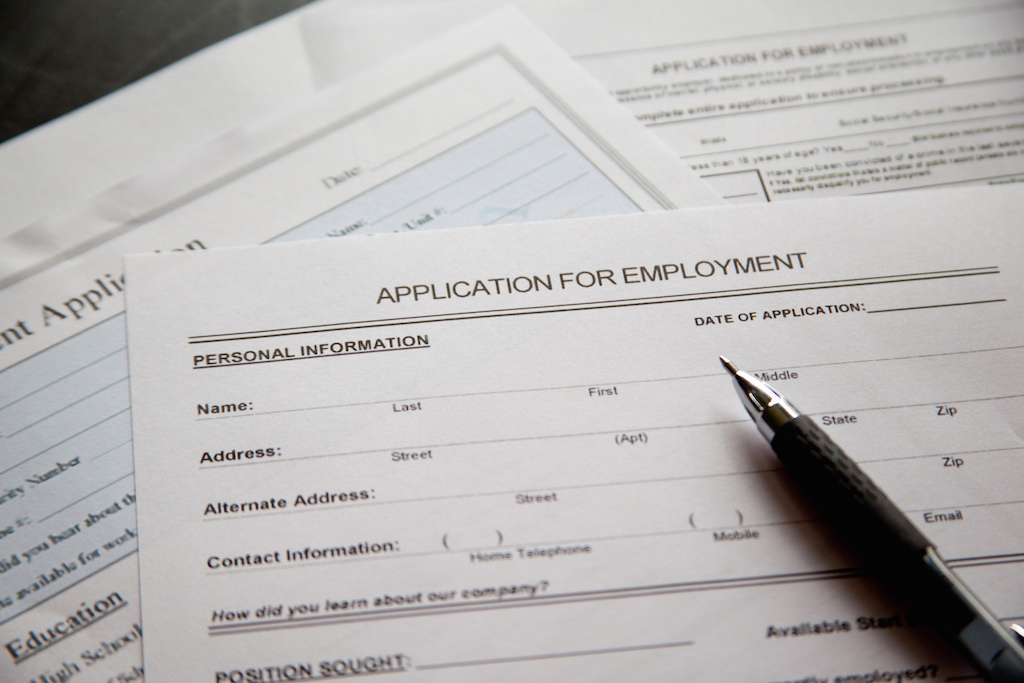A series of focus groups organized to determine barriers people who are blind or visually impaired face finding employment conclude this week in Toronto.
The Toronto chapter of the Alliance for Equality of Blind Canadians (AEBC), a national grassroots organization that provides peer support and advocacy for people who are blind, visually impaired or deafblind, has held these meetings since the end of March. The fourth meeting is April 28 in the community room of the Loblaws at 380 East Mall. It runs from 1:30 to 3:30 p.m.
The organization wants to hear from at least 100 people, so more focus groups may be added, said project coordinator Michael McNeely. As of mid-April, about 30 people had participated. After the groups end, the AEBC plans to have education sessions with those who came to the focus groups.
The greatest barrier people with disabilities face finding employment is ignorance, said McNeely. Staff at employment agencies may not know how to help people with disabilities. Employers may not hire someone who has a disability because they don’t know what that person can and can’t do.
“I refuse to think that there is an actual barrier that cannot be resolved or navigated in any way,” McNeely said.
He dismisses the idea that workplace accommodations are too expensive as “bullshit.”
McNeely, a film critic whose writing appears regularly at dorkshelf.com, needs subtitles and closed captioning when he works. He’s deafblind, so both his hearing and sight are significantly impaired. An intervener, someone trained to communicate for and with people who are deafblind, helps him with tasks like communicating on the phone. He also sometimes needs flexibility with deadlines. These aren’t expensive accommodations, he said.
“It’s 2017,” he said. “The least we can do is accommodate our citizens.”
But people with disabilities often don’t know how to advocate for themselves, said McNeely. They often struggle with how to properly tell potential employers about their disability. They may also be unaware of their legal rights under the Ontario Human Rights Code or the Accessibility for Ontarians with Disabilities Act.
McNeely, who plans to attend law school in September, said he wants the project to better inform people of these rights. The focus groups will help the AEBC identify what job-seekers need to find work. The organization is also conducting personal interviews with service providers that help people find jobs so they can better help people with disabilities find work.
The City of Toronto funded the $48,000 year-long project.
People who cannot attend the focus groups but would like to contribute to the project can contact McNeely directly at michaeldmcneely[at]gmail.com.
Meagan Gillmore is rabble‘s labour reporter.
Photo: Flazingo Photos/flickr




